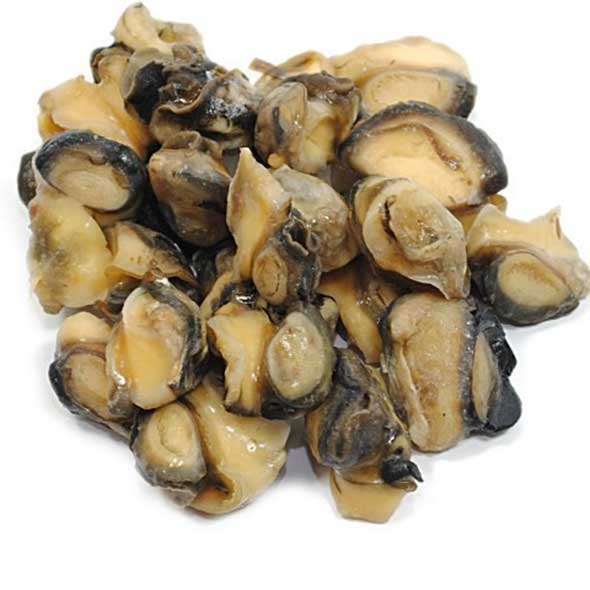Description
Origin:
Snails have been consumed for thousands of years and are found in many parts of the world. They are considered a delicacy in many cultures, especially in Africa and Europe. Snail farming, known as heliciculture, is a growing industry in many parts of Africa due to high demand.
In France, snails are famously prepared as “escargot,” a popular gourmet dish.
Other Names:
Yoruba: Igbin
Igbo: Ésụ
Hausa: Kwarya
Health Benefits:
High in protein and low in fat, making them an excellent source of lean protein.
Rich in iron and magnesium, important for blood and muscle function.
Contains vitamins A and E, which are good for skin and vision.
Nutritional Information (per 100g):
Calories: 90 kcal
Protein: 16 g
Fat: 1.4 g
Iron: 3.5 mg (20% of Daily Value)
Fun Fact: Did you Know?
Carnivorous snails eat earthworms, slugs, insect larvae, and, sometimes, each other. Yes, that’s right! Some species of snails are cannibals.
Uses:
Commonly grilled, fried, or used in stews and soups.
In Nigerian cuisine, snails are often used in “pepper soup” and served as appetizers or main dishes.
Recipes & Videos:
International Recipe: French Escargot Video: How to Cook Escargot
Local Recipe: Nigerian Snail Pepper Soup Video: Nigerian Snail Pepper Soup Recipe
Snail
Best Storage Method: Store in an airtight container in the fridge after cleaning or freeze for longer storage.
Shelf Life:
In the fridge: 1-2 days.
In the freezer: 3-6 months.

 Cart is empty
Cart is empty 










Reviews
There are no reviews yet